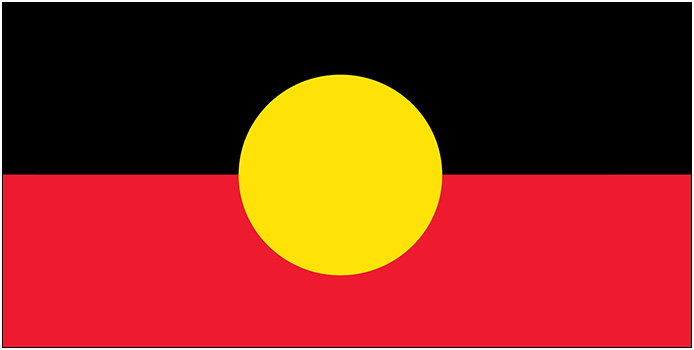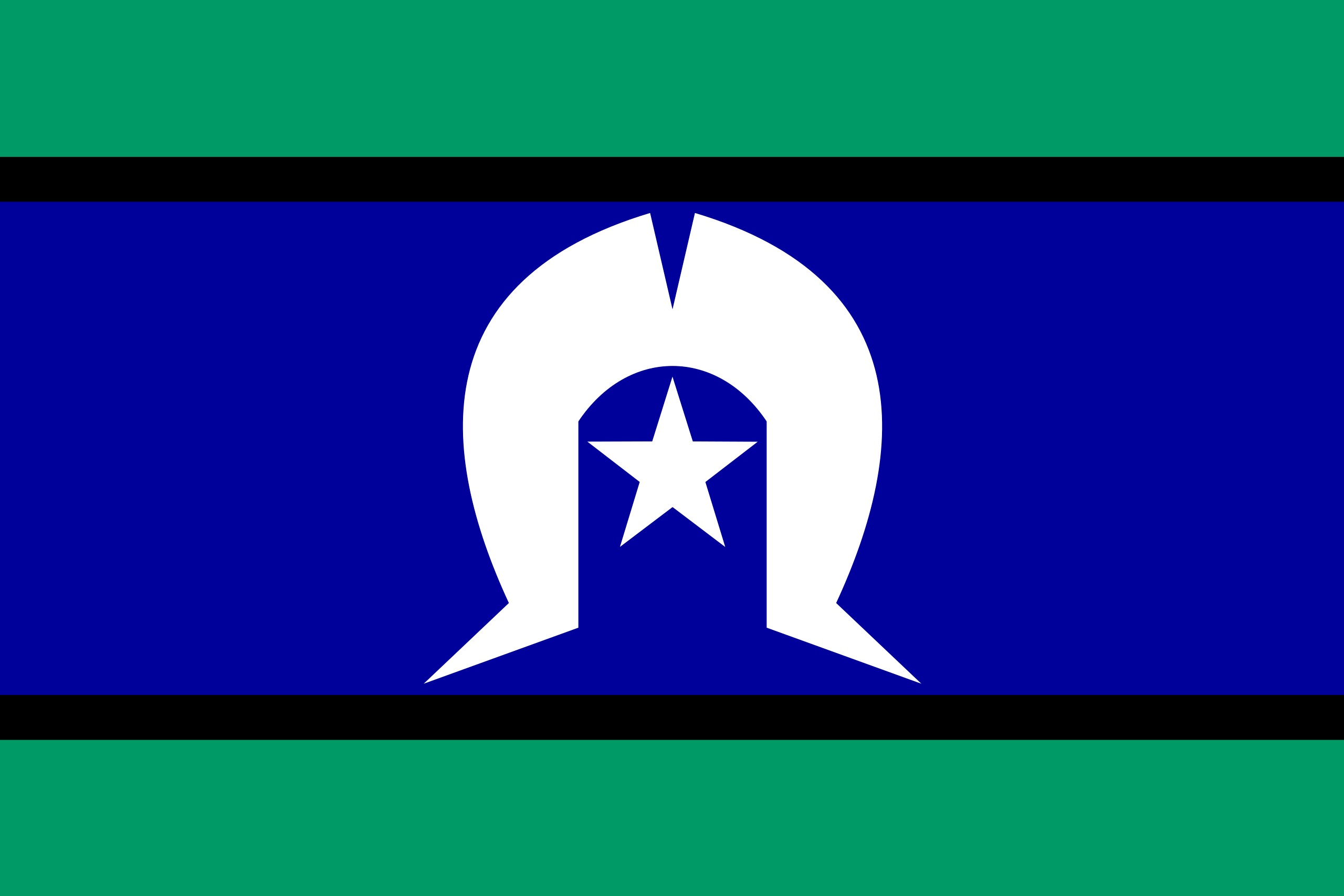NAIDOC Week commemorates the history of Australia’s Indigenous (native) peoples and celebrates their heritage and accomplishments. NAIDOC stands for National Aborigines’ and Islanders’ Day Observance Committee. NAIDOC Week is usually the first full week of July. Many cultural events are held in towns and cities across Australia. They may include exhibitions of Aboriginal art, ceremonies in which the Aboriginal and Torres Strait Islander flags are raised, and heritage walks with Indigenous guides. NAIDOC Week is also a time when Indigenous people are recognized for their significant accomplishments. National NAIDOC awards such as the Person of the Year Award and Lifetime Achievement Award are presented at a ceremony. 

NAIDOC Week grew out of the movement for Aboriginal civil rights in Australia. In the 1930’s, activists led efforts to win representation in Parliament for the Aboriginal people of Australia. They also worked for other policy changes that would improve Aboriginal quality of life and promote equality. When the government failed to address these concerns, some Aboriginal rights leaders organized a gathering that they called the Day of Mourning and Protest. This gathering was held in Sydney on Jan. 26, 1938. They chose this date because January 26 is Australia Day, a holiday that commemorates the British colonization of the continent beginning in 1788. The year 1938 marked the 150th anniversary of the British arrival. The protest leaders called Australia Day a day of mourning because, for them, it commemorated an invasion with deadly consequences for Aboriginal people.
Over time, the Day of Mourning and Protest evolved into Aborigines’ Day. In the 1950’s, a committee was established to plan and coordinate the activities on that day. This committee was named the National Aborigines’ Day Observance Committee, or NADOC. Later, the date of the commemoration was moved from January to July, and the observance was extended from one day to one week. In 1991, NADOC became NAIDOC to include representation of Aboriginal people of the Torres Strait Islands.
